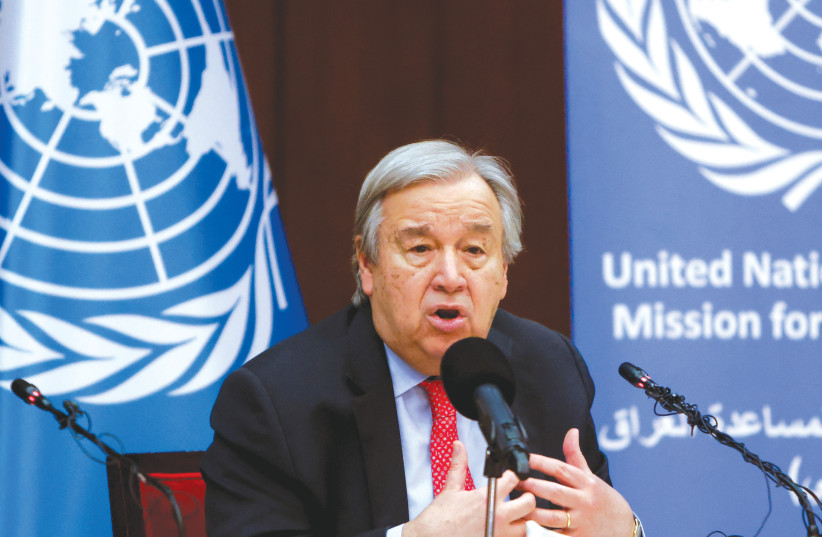The UN has adopted the world's first treaty to protect the high seas and preserve marine biodiversity in international waters, marking a milestone after nearly 20 years of effort, UN Secretary-General Antonio Guterres announced Monday.
The adoption followed an agreement reached in March by more than 100 countries on the of text of the High Seas Treaty, also known as the Biodiversity Beyond National Jurisdiction treaty, after more than 15 years of discussions and five rounds of UN-led negotiations.
In approving the text, member states have "pumped new life and hope to give the ocean a fighting chance," Guterres said in a statement.
The agreement will be open for signature in New York for two years starting Sept. 20, the day following a summit on the UN sustainable development goals.

It will take effect after 60 countries ratify the agreement, according to the UN
The pact is a key plank in efforts to put 30% of the world's land and sea under environmental protection by 2030, a goal set in December.
Among other provisions, the legally binding agreement would govern sharing benefits derived from marine genetic resources beyond national jurisdictions, creating protected areas on the high seas and establishing a framework for assessing environmental damage.
The Environment and Climate Change portal is produced in cooperation with the Goldman Sonnenfeldt School of Sustainability and Climate Change at Ben-Gurion University of the Negev. The Jerusalem Post maintains all editorial decisions related to the content.
